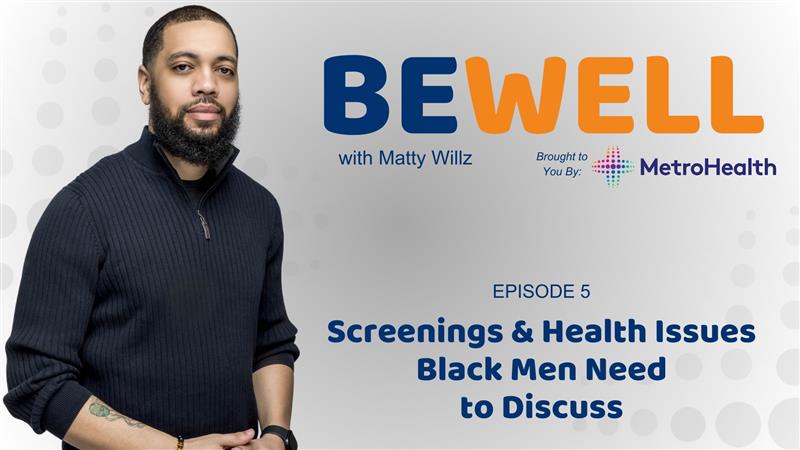SNAP Suspension Puts Families, Children, Child Care At Risk
When the Safety Net Tears: SNAP Suspension Puts Alabama Families, Children, and Child Care at Risk

On October 27, 2025, the Alabama Department of Human Resources (DHR) announced that November Supplemental Nutrition Assistance Program (SNAP) benefits would be suspended due to the ongoing federal government shutdown and lack of USDA funding. Nearly 750,000 Alabamians, including tens of thousands of children, depend on these monthly food benefits to meet their most basic needs.
For many families, SNAP is what ensures there’s food on the table after rent, utilities, and child care are paid. As this suspension takes effect, households across Alabama are being forced into impossible choices, and those choices will ripple into every part of family life, including child care.
According to DHR, families can continue using any benefits that were already issued prior to November 1, but no new benefits will be added to EBT cards until the suspension is lifted. The USDA’s Food and Nutrition Service (FNS), which funds SNAP, has directed all states to halt benefit allotments until Congress resolves the federal budget impasse.
Families are encouraged to continue recertifying and submitting documents as usual so their benefits can restart quickly once funding resumes. In the meantime, DHR is urging those in need to reach out to local food banks and community partners through Feeding Alabama.
There is a real human impact to this suspension. SNAP is one of the most effective tools for preventing hunger and supporting child well-being. Studies show that when families lose access to food assistance, children face increased health risks, developmental delays, and greater emotional stress.
But the fallout doesn’t end there. When household budgets tighten, child care often becomes one of the first costs that families can’t sustain. Parents may reduce work hours, pull their children from care, or delay payments, putting both family stability and child care providers at risk.
Child care and food assistance are inextricably linked. When families lose one form of support, it ripples across the entire system. As these programs are disrupted, the continuity and care that children depend on are at risk. Suspending SNAP benefits doesn’t just affect people on SNAP; it hurts everyone.
In Alabama, child care programs already operate on thin margins. Providers rely on families’ consistent participation, and families rely on programs to stay employed. When food insecurity spikes, so does family stress, absenteeism, and instability in child care arrangements.
This isn’t just a food issue — it’s a child development and workforce issue. Every missed meal, every unstable week of care, and every lost paycheck adds up. The children who suffer most are the ones already facing barriers tied to poverty and access.
The Build Back Better (BBB) framework, though never fully enacted, was designed to address exactly these vulnerabilities by creating a unified approach to family support, connecting affordable child care, nutrition, and workforce participation. The current crisis underscores why those policies, or state-level equivalents, remain urgently needed.
As Alabama families brace for a difficult November, local advocates and organizations are stepping up to fill the gap. But stopgaps aren’t solutions. The long-term answer lies in stable, equitable public investment that keeps essential supports — like food and child care — from being used as bargaining chips during political stalemates.
Families should never have to choose between feeding their children and keeping them in care. Educators shouldn’t have to shoulder the emotional and financial strain of a system that doesn’t prioritize them.
Families affected by the SNAP suspension are not alone. If you are looking to find help, contact your local Feeding Alabama food bank at feedingalabama.org for immediate food support. Call or text 2-1-1, call 1-888-421-1266, or visit 211connectsalabama.org to find a multitude of services in your community.
Continue all SNAP recertifications and reporting requirements through dhr.alabama.gov to ensure benefits resume quickly. Reach out to local child care providers and community resource centers for additional assistance or referrals. Call 1-800-5HUNGRY (1-800-548-6479) to get information on local food pantries.
This moment is a reminder of how interconnected our systems truly are. When food assistance stops, hunger grows, and so does the strain on child care, health, and hope. As a state and as a nation, we must choose to build a safety net that holds.
Lenice Emanuel is the Executive Director of the Alabama Institute for Social Justice (AISJ) and founder of The Alabama Movement for Child Care (TAMCC).
SEE ALSO:
Drama Surrounding SNAP Benefits Should Mark The End Of MAGA
If SNAP Benefits Get Cut Off, White Grievance Will Eat Itself
When The Government Starves Us: How SNAP Cuts Target Black Survival
When the Safety Net Tears: SNAP Suspension Puts Alabama Families, Children, and Child Care at Risk was originally published on newsone.com















